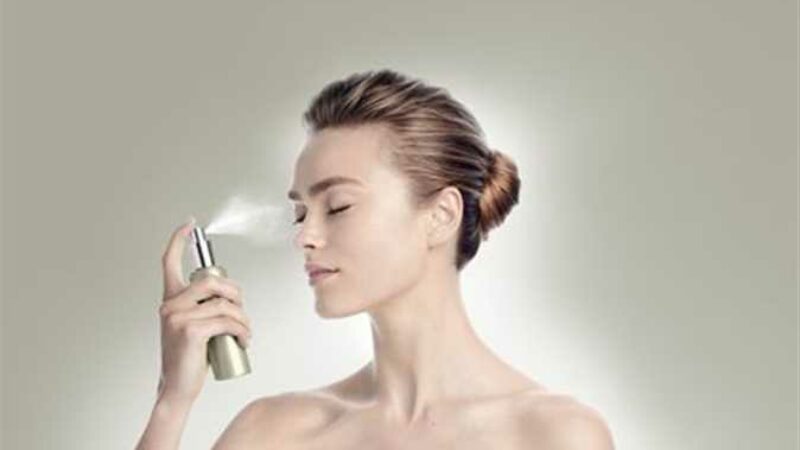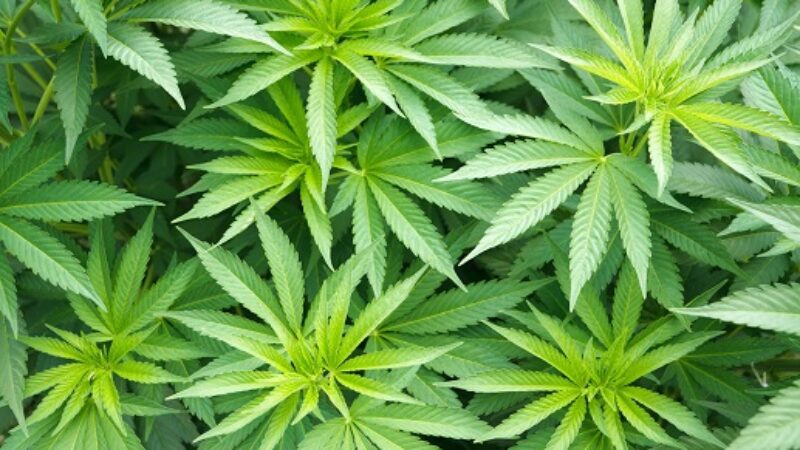 Glutathione is an antioxidant derived from amino acids. It can be synthesized by all cells in the body and neutralizes free radicals and reactive oxygen compounds. It also helps to keep Vitamins C and E in their active forms. Glutathione has also been shown to help detoxify foreign substances (including carcinogens); it also plays a role in the immune system and other metabolic reactions including protein synthesis. Because it is not well absorbed when taken orally, it is difficult to supplement with glutathione.
Glutathione is an antioxidant derived from amino acids. It can be synthesized by all cells in the body and neutralizes free radicals and reactive oxygen compounds. It also helps to keep Vitamins C and E in their active forms. Glutathione has also been shown to help detoxify foreign substances (including carcinogens); it also plays a role in the immune system and other metabolic reactions including protein synthesis. Because it is not well absorbed when taken orally, it is difficult to supplement with glutathione.
When it comes to skin care, you would think that topically applied glutathione would make sense. It is after all, a potent antioxidant. Despite this, studies have shown that as with oral consumption, that glutathione is not well absorbed when applied topically. And, there are no published studies regarding its efficacy as an ingredient in skin care treatments. Still, a recent search on the internet uncovered a range of products, both oral supplements and topical preparations claiming to help lighten skin.
A potent antioxidant, yes. But, until we can figure out how to get glutathione absorbed into skin, this is one ingredient you should probably pass on.




Very true indeed. I try to advise others that although glutathione is an antioxidant, it has been scientifically proven ineffective as a skin lightener when used orally or topically. As I have myself used glutathione soap in the past and it did absolutely nothing for me.
I have been researching that the amino acid such as cysteine could possibly lighten the skin, in theory at the least. But, how much should be taken in order for lightening to show and still used in safe amounts, I am still unsure.